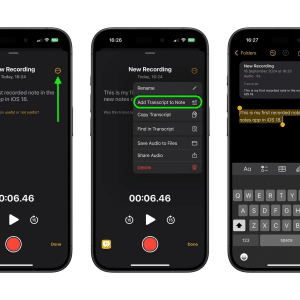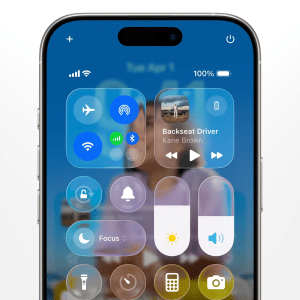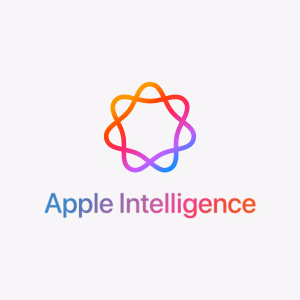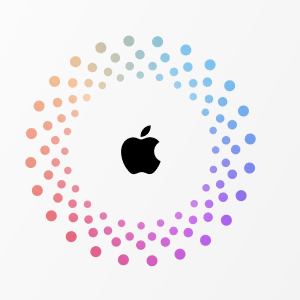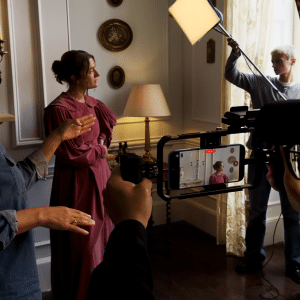For years, Google has been vying for access to Apple’s iMessage, which boasts over a billion active devices worldwide — a reach Google’s own messaging systems have yet to achieve. The tech giant has swung between ridiculing and pleading with Apple to adopt the Rich Communication Services (RCS) standard — a messaging protocol Google supports but has not fully implemented itself.
The advent of the EU’s Digital Markets Act (DMA) may be the leverage Google needs. The DMA requires companies classified as “gatekeepers” to open their platforms to competitors. Google’s hurdle is convincing the EU that iMessage holds a dominant position in Europe, a region where WhatsApp is the predominant messaging service, a fact Apple uses to argue its service doesn’t meet the DMA’s gatekeeper criteria.
The Financial Times reports that Google has teamed up with prominent European telecom operators — Vodafone, Deutsche Telekom, Telefonica, and Orange — in a joint appeal to the EU’s internal market commissioner, Thierry Breton. They argue that enriched messaging capabilities are currently exclusive to Apple device users, limiting businesses that wish to communicate with their customers through modern messaging features.
The coalition insists that iMessage is an essential bridge between companies and consumers, warranting Apple’s designation as a gatekeeper within the context of the DMA.
Although the full content of the letter is not disclosed, it does not seem to reference RCS, nor does it acknowledge the widespread use of WhatsApp for enriched messaging.
Apple has opted not to comment directly on this new development, but has previously stated that the multitude of messaging apps available to consumers, who often use several concurrently, illustrates the ease of switching between services. Apple maintains that iMessage is geared towards personal use, and anticipates the opportunity to clarify to the commission why it should not fall under the DMA’s umbrella.

The EU has confirmed to the Financial Times that its examination into iMessage’s status is still ongoing, and a final decision is expected by February 2024.


